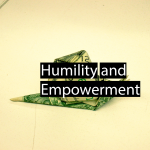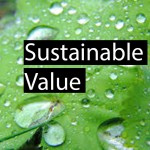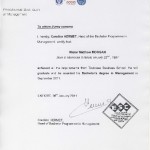Why Your Environment is Critical to your Happiness and Success
This past weekend I finished moving for what is nearly the second dozen time of my adulthood. It’s an event that I’ve come to experience as a blend of excitement and uncertainty, as I leave what I know — the comfort zone — to (literally) leap into a new tangent. From the earliest days of my childhood as a third culture kid, I have never been a stranger to traveling and adapting to the diverse contexts of the countries that I’ve visited and lived in. Often feeling like a chameleon, I’ve been exposed to a cross-section of people and ideas with varying degrees of sway over my decisions and mindset.
In this instance of transition, I am recalled of the perspective of a certain individual, by the name of Jon, who I had first only casually met in a networking event several years ago. Over time, Jon and I have shared numerous ideas and exchanged dialogue on many topics. I proposed to Jon that he write for my blog as his view resonated so strongly on what I’ve encountered firsthand and seen with those around me, which I find to be so relevant to everyday living.
I am pleased to share what Jon has drafted, coincidentally released at such an opportune time during my own change of environment.
This piece is a guest entry written by Jon (you may see his profile description underneath).
—
Why Your Environment is Critical to your Happiness and Success (and what you should do about it)
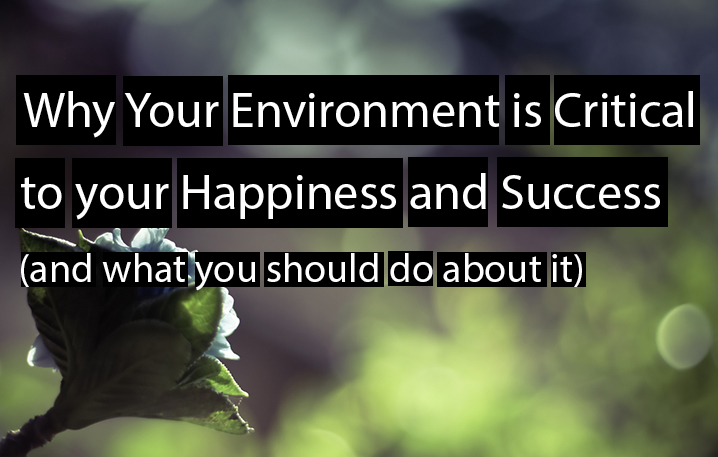
Most of my life I was only peripherally aware of the importance of environment and its effect on my life. Through my experience and observations, I’ve come to believe that it is the largest factor in determining someone’s path through life.
For the first 18 years of my life, my parents were the defining influence on my environment. This may not be the case for everyone. You see, my parents carefully controlled my environment. They chose the best schools they could send me to on our middle-class income. They involved me in sports and other extracurricular activities, and they observed and controlled who I interacted with. When they didn’t think someone or something was good for me, they cut it out of my life like a surgeon with a scalpel. Bad influences didn’t stay in my life very long. My parents even vetted my friends and my teachers. Long after I left the house and went to college, I still remember my parents’ disapproval of the first girl I fell in love with. In retrospect, they were absolutely right.
More than simply taking responsibility for my education, friends, and extracurricular activities, my parents gave me a lot of responsibility. They set very high standards for me. They taught me about hard work. They taught me respect for life and for other people. As I reflect back on my life, I have benefited generously from my parents’ tutelage.
I see now that most of the opportunity in my life has been a function of my environment.
My environment even affected my choice of career. I chose to become a pilot after being surrounded by airplanes. My father wanted to be a pilot but couldn’t. The first book I ever remember opening was about airplanes. My first computer game was an F-15 flight simulator. My choice of college was based on my desire to become a pilot. I surrounded myself with other people who also wanted to become pilots. We motivated each other and worked together to achieve our common goals.
While my environment worked in my favor growing up and becoming a pilot, it worked against me for a while after I became one. Once I finished pilot training, there was no structured environment furthering my development. For the first time in my life, nobody else tended to the environment I was in. The first organization I worked for after I became a pilot wasn’t a healthy environment. It was dominated by group think and heavy peer pressure. It wasn’t a culture of respect. More than that, the culture idealized alcohol abuse and sexism. It encouraged people to party really hard and get drunk every weekend as a group. Single men were encouraged to womanize in order to prove they were part of the club. Married men and women weren’t celibate to each other. In retrospect, the environment was toxic, but like most young impressionable men, I initially embraced the culture and tried hard to prove I was part of the team. I worked hard to earn the respect of my peers and bosses.
But it wasn’t me.
After about 6 months of hard partying and womanizing, I woke up one Saturday morning and realized I couldn’t take it anymore. I had just woken up after sleeping on the couch in my living room after a night of heavy drinking. My head was still swimming in the after-effects of alcohol. I stumbled into my bathroom and looked at myself in the bathroom mirror through my post alcohol fog. I couldn’t recognize the person in the mirror. “Who is this person?” I thought to myself as I stared at the image in front of me. “What am I doing with my life?” I asked myself. I found myself repeatedly asking “Is this all that I ever hope to aspire to?” My soul felt faded. I didn’t even feel like I was human anymore. It was a horrible place to be in.
At that moment, I made a conscious decision to take control of my life and change my environment. I quit getting drunk at social events. I cut the stream of random girls out of my life. I stayed home and read books in my spare time. I started going to bed early. I got involved in church. I trained for, and then ran my first marathon. I started building perspective into my life. I started building my self-respect back.
My decision didn’t turn lemons into lemonade though. It wasn’t all sunshine. My choices drove a wedge between me and many of my co-workers. They felt that I thought I was better than them because I stopped hanging out and drinking. Work became somewhat unpleasant. People tried to devalue and discredit me. I had almost no support network outside of my job because we were in a remote place. After a while, my work environment started pulling my self-respect back to the place I had been before I made the decision to change my environment.
Acclaimed science fiction writer William Ford Gibson once said “before you diagnose yourself with depression or low self-esteem, first make sure that you are not, in fact, simply surrounded by assholes.” I didn’t realize it at the time, but I was, in fact, surrounded by assholes. Just as my childhood environment had brought out the best in me, this environment took a heavy toll on me until I moved to better places. It’s only in retrospect that I recognize how much the environment affected me negatively.
Another set of examples came from a men’s spiritual retreat I recently attended. This was another amazing opportunity to gain perspective. People find the strength to share very personal details about their lives during retreats.
One man shared that he had joined a gang as a young child and ended up in prison, abandoned by the very people who had led him to his situation. Another man recounted how he and his wife were drug users up until his wife committed suicide. A third man had his wife leave him for a woman after he got her into swinging. Yet another man’s story started with his wife abandoning him with their new-born mentally handicapped son.
Each man found himself in his situation because of his environment. However, the amazing thing to me about these men’s stories, was that after they met their darkest moment, each man made a conscious decision, just as I had, to change their environment. The former gang member turned himself around, gave up the people he associated with, and started a new life eventually becoming a successful salesman. The former drug abuser cleaned up and became a preacher. The man with the mentally handicapped child became a wildly successful entrepreneur.
Malcolm Gladwell discusses the importance of environment to success in his famous book Outliers. In one of many examples in his book he recounts how Bill Gates wouldn’t have been able to achieve the 10,000 hours of experience required to become wildly successful without his highly supportive parents and access to a University computer at night during high school. His environment was critical to his computer company. If his parents hadn’t supported him, or he hadn’t gained access to that computer lab, there would be no Microsoft today.
This is an exhortation to take inventory of your life. Make conscious decisions about what you do and who you interact with. Every person, place, and thing in your life contributes something to your environment. Do they create value and make you a better person, or do they just bring you down? If you recognize that they don’t add value, perhaps it’s time to make a conscious decision to change.
—
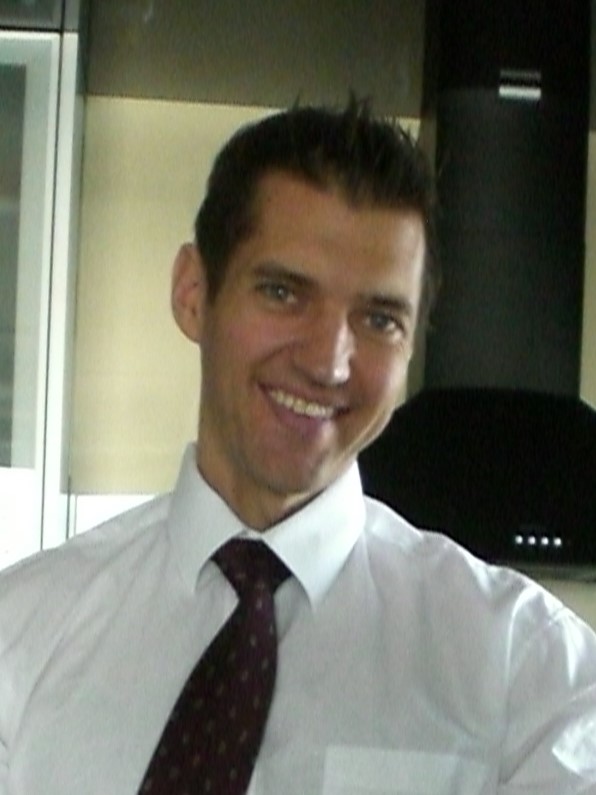 Jon is a former Air Force officer who is attending an Ivy League MBA program in the Fall of 2014.
Jon is a former Air Force officer who is attending an Ivy League MBA program in the Fall of 2014.

